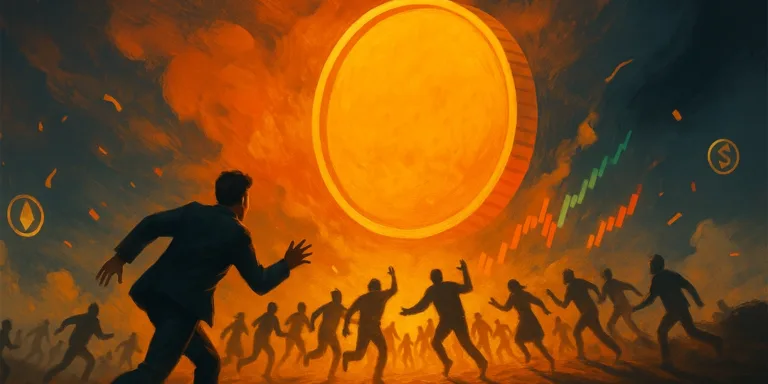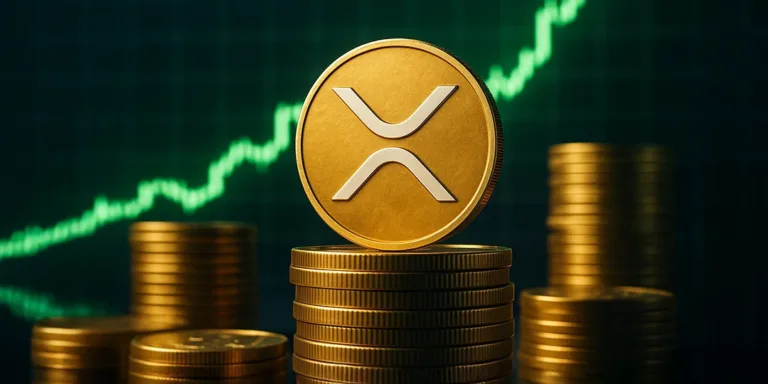From robotaxis to collectible figures, viral TikTok dances to celebrity fashion statements, today’s trends don’t just reflect culture: They actively redefine what’s desirable. This constant pressure to keep up can even reshape an entire generation’s perception of the ‘ideal’ life.
With the latest matcha culture and Kunafa chocolate taking over the internet alongside the ‘Labubu’ collectible craze, we decided to explore the reasons people fall into these obsessive traps, often driven by a fear of missing out. This ‘FOMO’ is also a growing concern in the financial world, as evidenced by the recent rise in crypto scams on YouTube and phishing attacks on crypto wallets.
The allure of keeping up
The internet makes information instantly accessible, and as a result, people are drawn to whatever is popular on social media. Shoaib Naeem, a 20-year-old writer and influencer based in Dubai, believes people often chase trends to seek validation from their peers. He shared how his own work was once influenced by what he thought his audience wanted.
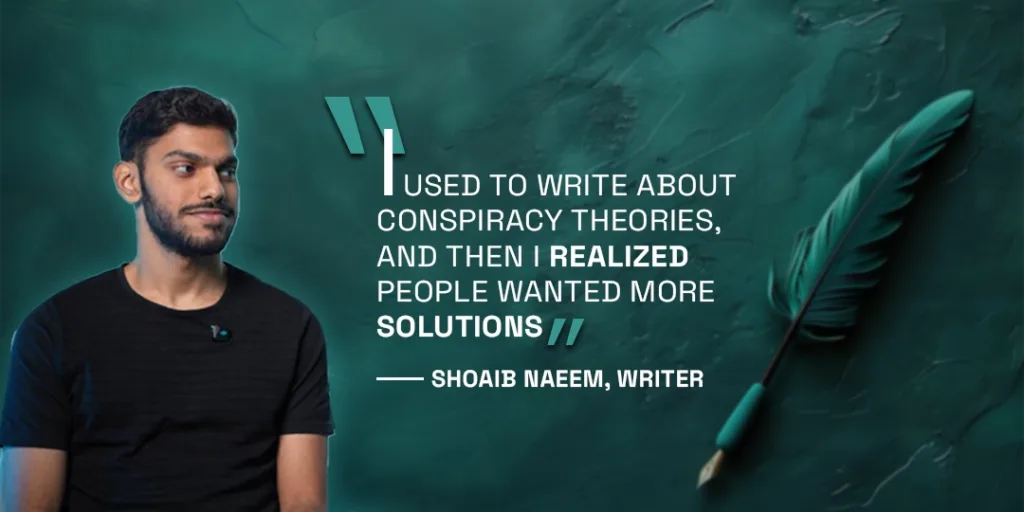
“I took a break from social media and focused more on my spirituality, and that’s what my fourth book is about,” he said.
Elaine Finjap, a Dubai-based interior designer, says that while she isn’t heavily influenced by every trend, some have caused her to change her priorities. She believes trends play a significant role in every aspect of life. As the owner of Maison Sourced by Elaine, she’s seen how trends and reality merge in the design world.
Also Read: Altcoin season unpacked: What it is, when it happens, and why traders chase it

“So I think everything revolves around trends,” she explained.
We observed these same patterns in the crypto market, where memecoin trends lure people into investing, and scammers use the latest hyped-up topics to push investors to take financial risks. This led us to ask: How does this impact investors? What is their risk response?
Ethan Falcão, a crypto investor since 2021, shared his experience. “A few years ago, I invested in Dogecoin, and I felt like it was an overspend,” he said.
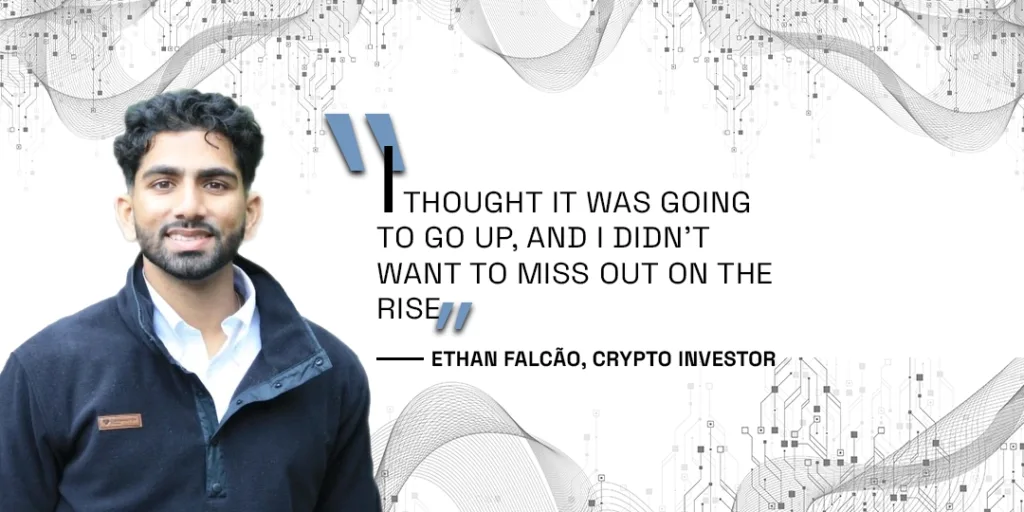
FOMO: Anxiety in disguise
To understand how people make these decisions, we sought an expert opinion. Dr. Salman Kareem, a specialist psychiatrist at Aster Clinic in Dubai, offered some insights. He explained how he views FOMO.
“Fear of missing out is an extension of what we call anxiety. People who tend to be anxious overthink a lot.”
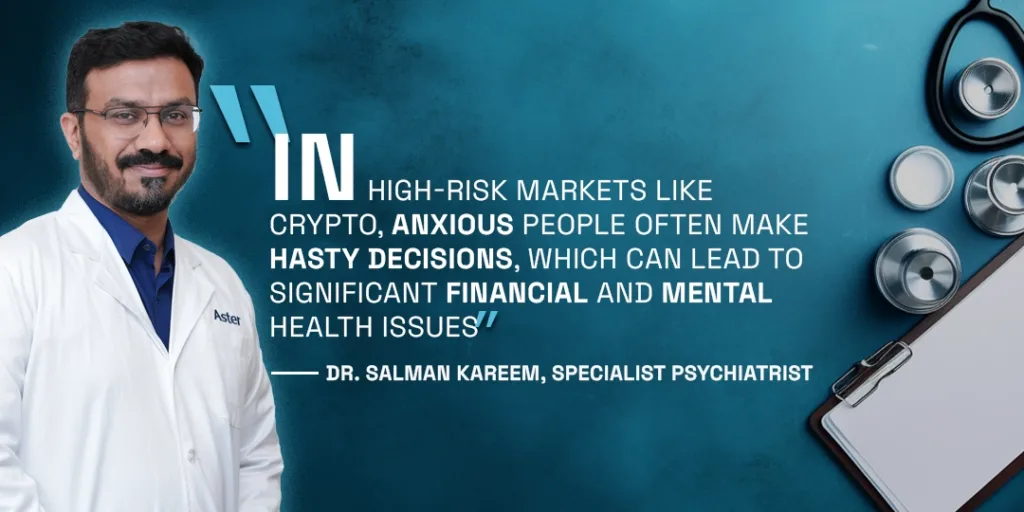
The idea of scarcity — the belief that something is only available for a limited time — pushes people to make emotional, not practical, decisions. Dr. Kareem advises people to pause and reflect on their choices. He suggests being mindful of physical symptoms like a racing heart, a racing mind, and irritability, which could be signs of anxiety.
“For people who are anxious and have a fear of missing out, we normally advise them to sit back and follow what we call the 24-hour rule,” he said. The idea is to give yourself a set period of reflection — to “sleep on it” and “think with a clearer mind” — before making a big decision.
He also stressed the importance of mindfulness. “Mindfulness is something you practice. It’s not a skill you acquire in a day or two; it’s like bodybuilding your mind. You do it regularly, and it helps people with anxiety avoid FOMO.”
The promises and risks of speculative investments
Whether in crypto, stocks, or other high-risk ventures, the promise of quick gains can be addictive. Too often, people dive into speculative investments or even scams, lured by these promises, only to lose their life savings. The key lies in taking “calculated risks, not impulsive ones”.
From simple fashion trends to “play-to-earn” gaming models, it seems everything is a platform to earn money. But are we making smart choices in this “make money anywhere” world? Dr. Kareem recommends a better decision-making framework.
“Anytime you’re making a decision, especially when it comes to investing, you should sit back for 24 hours and analyze the risks and the benefits,” he advised.
Perhaps the real trend worth following isn’t external at all. It’s the practice of stepping back, questioning the hype, and recognizing that the most sustainable investments — whether in markets, passions, or personal well-being — are those made with intention, not urgency. After all, in an era where everything can go viral, the wisest choice might be the one that doesn’t. The trend you should stick to is being different.




